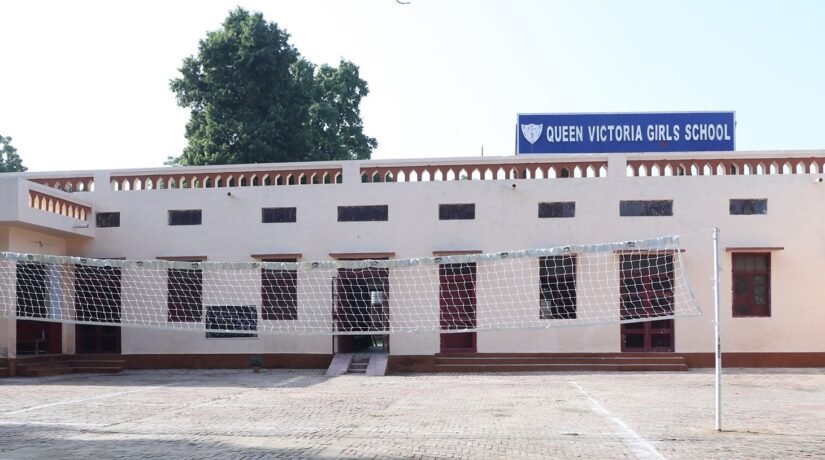Introduction
CBSE’s skill-based assessment approach aims to move beyond rote learning and usher in a culture of critical thinking, problem-solving, and practical application. This update is a step towards preparing students for the real world.
What Is Skill-Based Assessment?
Instead of testing memory, skill-based assessments evaluate:
– Analytical thinking
– Practical application
– Creativity and innovation
– Teamwork and collaboration
Continuous Evaluation
Students are now assessed through various formats, such as:
– Formative Assessments: Small, regular evaluations like quizzes and projects.
– Summative Assessments: Larger tests, including practicals and exams.
Benefits for Students
– Deeper Understanding: Students grasp concepts rather than memorizing facts.
– Increased Engagement: Creative projects make learning enjoyable.
– Career Readiness: Skills like teamwork and problem-solving are vital in professional settings.
Education is not the learning of facts, but the training of the mind to think.
A Role for Parents and Teachers
Parents should create learning-friendly environments at home, while teachers can use innovative methods like flipped classrooms and experiential learning.
Inspirational Perspective
Einstein said it best: “Education is not the learning of facts, but the training of the mind to think.” CBSE is ensuring that our students become thinkers and doers.
NOTE: This is just a proposal from CBSE, Schools and the board are still in discussion to finalize it, it’s not official yet.
For official details, visit the CBSE guidelines.



